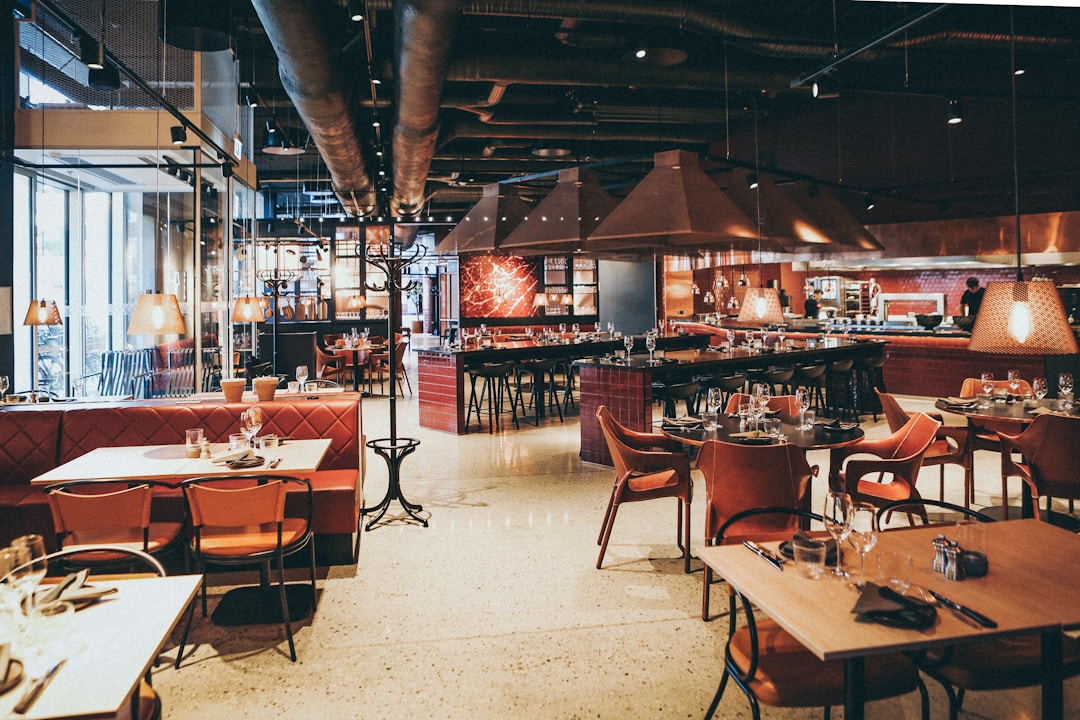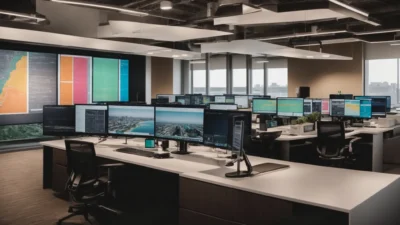Starting a restaurant can be a thrilling venture teeming with promises and excitement. However, it also requires a comprehensive understanding of the hospitality industry and a solid business plan. With this article, we aim to provide you with a simplified guide to starting your restaurant, including a suitable location, interior design, understanding your target market, proper staffing, and the implementation of technology in your restaurant operations. Keep reading to find out more.
Choosing the Ideal Location and Interior Design

Determining the perfect location for your restaurant can be integral to its success. Factors to consider include population density, demographics, and the target market. An advantageous location could mean a busy city corner or a place with less competition, depending on your business strategy. Every detail matters, from how visible your restaurant is to the parking facilities available. Also worth reconsidering is whether to lease or purchase the space, each with its own set of pros and cons to ponder.
To bolster your restaurant skills and understanding of the hospitality industry, enrolling in Los Angeles culinary schools could be highly beneficial. The knowledge, skills, and industry connections you gain during your culinary education can help you navigate the competitive food industry and bring your culinary vision to life. So, if you aspire to open a restaurant one day, signing up for a reputable culinary school can be a wise investment in your culinary career and a step toward turning your dream into reality and elevating your odds of success.
Once you’ve found the ideal location, your focus should shift to interior design which is vital in creating the perfect ambiance. The design should match your restaurant’s theme and resonate with your target audience. It should be a blend of comfort, style, functionality, and unique appeal. Consider enlisting the assistance of professional designers to bring your vision to life, optimizing the space layout for maximum efficiency, and creating designs that increase customer retention.
Implementing the Right Technology
Adopting the right technology would significantly streamline your restaurant’s operations. Restaurant management software can help in managing reservations, tracking inventory, payroll, and even customer preferences. This implementation not only makes all restaurant operations more efficient but also substantially decreases the incidence of human error.
Especially in an era where online food ordering and delivery have become increasingly popular, going digital can offer added convenience to customers while increasing your visibility in the market. Partnering with the right beverage distributor could be one such strategic move that boosts your restaurant’s efficiency and service quality.
Understanding Your Target Market

Gaining a deep understanding of your target market is another fundamental part of establishing a successful restaurant. Market research will identify the dining habits, income levels, and preferences of your potential customers. Knowing which cuisine and level of service to offer, as well as the pricing strategy to implement largely depends on the results of these studies. Stay informed about upcoming trends in the food and hospitality industry and adapt your offerings if needed.
Regularly seeking feedback from customers and making changes based on these insights can ensure you stay relevant and appealing to your target audience. Marketing strategies should also be designed considering these factors to ensure effective communication with your potential customers and to create the maximum possible traction for your restaurant. This includes digital marketing and social media marketing online.
Assembling the Right Staff

An essential but often disregarded part of starting a restaurant is assembling the right staff. From the chef and sous chefs to the servers, each member of the team has a crucial role to play in the restaurant’s success. The quality of food, level of service, and overall dining experience delivered to the customers depend largely on the competence of your restaurant’s workforce. The staff should be well-equipped with the skills and should be trained to value customer satisfaction above all.
The hiring process should be designed to filter out any potential liabilities and to help you build a hardworking and dedicated team to drive your restaurant forward. The growth of your staff is also instrumental for your business advancement. Regular training, workshops, and motivational schemes should be in place to ensure their personal growth and the progressive development of your restaurant.
As you can see, starting a restaurant goes beyond having a love for food and serving people. It includes careful planning, understanding your target market, careful staffing, and leveraging technology to optimize operations. You don’t just want to jump in without preparation or education, as it can end in disaster. With the right strategy in place, running a profitable and popular restaurant is undoubtedly a gratifying experience. Follow our advice and you’ll give yourself the best chance of finding success.















